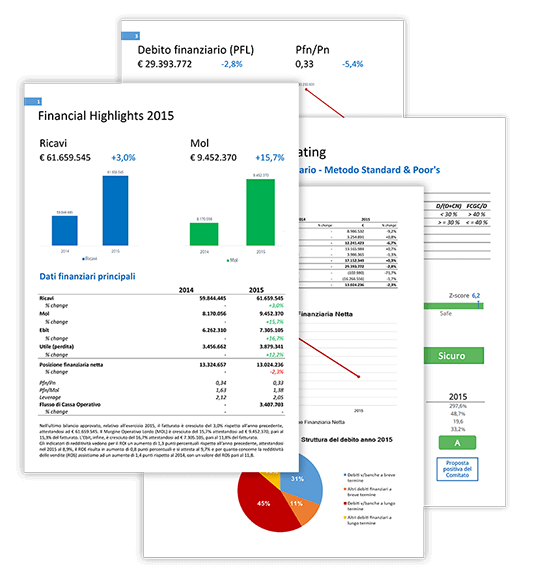
In the quest for financial stability, some individuals resort to unethical tactics, including the creation of fake pay stubs and bank statements. This article delves into the world of fraudulent financial documents, exploring the implications, risks, and preventive measures associated with them.
Understanding Fake Pay Stubs: fake pay stubs and bank statements
Fake pay stubs have emerged as deceptive tools, often used to secure loans, rentals, or even employment. These fabricated documents contain inflated income figures, falsified employer details, and other misleading information to present an appealing financial profile.
The Dangers of Fake Pay Stubs and Bank Statements
The utilization of fraudulent documents can have severe repercussions. Lenders, landlords, and employers relying on false information face financial losses, while those employing deceitful tactics risk legal actions. This deceit contributes to a climate of distrust, casting shadows on financial transactions.
Read it: How Long Should You Keep Paystubs?
Detecting Fake Documents: fake pay stubs and bank statements
Identifying bank statement requires vigilance. Discrepancies in formatting, unrealistic earnings, and inconsistencies in employment history serve as telltale signs. Advanced verification tools and data analysis are becoming increasingly effective in exposing counterfeit documents.
Consequences of Employing Fraudulent Documents
While individuals may reap short-term gains, the long-term consequences of using bank statement can be dire. Rejected loans, terminated leases, and even job loss can ensue once the truth is unveiled.
Curbing the Proliferation of Fake Documents
To combat the proliferation of fraudulent documents, rigorous verification processes must be implemented by lenders, landlords, and employers. Collaboration between financial institutions, businesses, and technology companies can yield innovative solutions to thwart document forgery.
Ethical Considerations in Financial Transactions
The use of fake documents not only breaches ethical standards but also erodes trust within financial transactions. Upholding integrity and transparency is pivotal for fostering sound financial relationships and sustaining a healthy economic ecosystem.
Read it: Create Bank Statement Online: Your Ultimate Guide
Legal Implications: fake pay stubs and bank statements
Using fake pay stubs and bank statements is a punishable offense in many jurisdictions. Those caught in the act can face fines, legal penalties, and reputational damage that linger for years.
Leveraging Digitalization to Combat Fraud
Advancements in digitalization, including blockchain technology and secure data sharing, hold promise in revolutionizing document verification. These innovations can create tamper-proof records, making the production of counterfeit documents increasingly challenging.
Promoting Financial Education: fake pay stubs and bank statements
Promoting financial literacy plays a crucial role in curbing the demand for fraudulent documents. Educated individuals are less likely to engage in deceptive practices when they understand the potential consequences.
Spotlight on Identity Theft
Fake documents often intertwine with identity theft. Criminals can exploit stolen personal information to craft convincing pay stubs and statements. Guarding against identity theft is an integral step in tackling this issue.
Safeguarding Your Financial Identity
Individuals can proactively protect their financial identity by monitoring credit reports, safeguarding personal information, and exercising caution when sharing sensitive data. These measures substantially reduce the risk of falling victim to fraud.
Identifying Legitimate Financial Opportunities
Rather than resorting to deception, individuals should focus on cultivating genuine financial profiles. Pursuing authentic avenues for growth, such as education, skill development, and responsible financial management, can lead to sustainable progress.
Prioritizing Transparency: fake pay stubs and bank statements
Transparency stands as a linchpin in eliminating the allure of fake documents. Open communication among lenders, employers, and individuals fosters an environment where honesty is rewarded and deceit is discouraged.
Conclusion
In an era where financial integrity is paramount, the use of fake pay stubs and bank statement is a perilous gamble. The fleeting benefits they offer pale in comparison to the enduring repercussions. To foster a robust financial ecosystem, honesty, transparency, and ethical behavior must take center stage.
FAQs
- Why do individuals resort to using fake pay stubs?
- Individuals often turn to fake pay stubs to secure loans, rentals, or employment, attempting to portray a more favorable financial image.
- Can employers and landlords easily verify the authenticity of pay stubs?
- Advancing technology has made verification tools more sophisticated, making it challenging for deceitful individuals to go unnoticed.
- Are there technological advancements to detect forged documents?
- Yes, innovations like blockchain can create secure records that are difficult to counterfeit, adding an extra layer of authenticity.
- How can financial institutions contribute to tackling this issue?
- Financial institutions can collaborate with technology firms to develop robust verification methods, deterring the use of fake documents.
- What legal actions await those using counterfeit documents?
- Individuals caught using fraudulent documents may face legal penalties, fines, and reputational damage due to breaching trust and the law.



